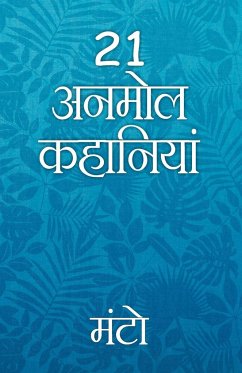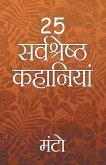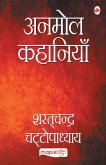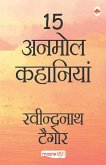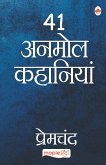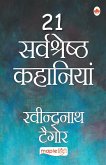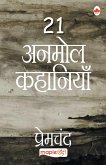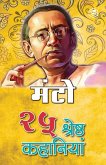Saadat Hasan Manto was born on 11 May, 1912 in the Paproudi village of Samrala, a city in the Ludhiana district of Punjab. He completed his studies in Aligarh and through his writings gained the reputation of one of the most famous Urdu writers of the 20th century. He died on 18 January, 1955 after leading a successful career as a prominent novelist and playwright. In this collection of short stories, Manto has reflected upon the condition of women in the male-dominated society. He has represented the various facets of a competitive woman who acts as the protagonist of her own life.
Hinweis: Dieser Artikel kann nur an eine deutsche Lieferadresse ausgeliefert werden.
Hinweis: Dieser Artikel kann nur an eine deutsche Lieferadresse ausgeliefert werden.

